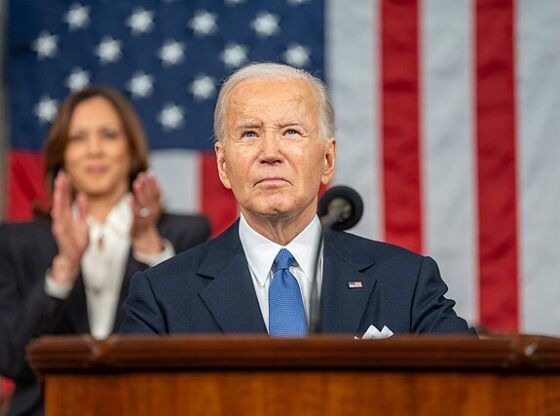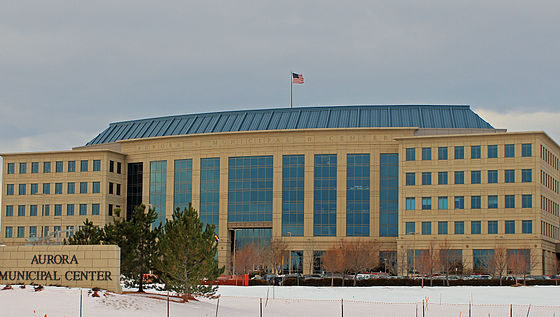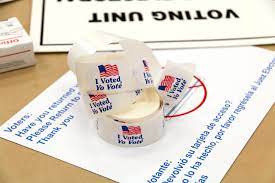Across the country, many cities have been replacing the national holiday, Columbus Day, with Indigenous Peoples’ Day. This movement is meant to honor Native Americans instead of Christopher Columbus, whose historical legacy is associated with ushering in European settler colonialism. Celebrating the second Monday of October as Columbus Day has served as a painful reminder of the oppression endured by Native peoples.
Although in 2016 the Denver City Council had Denver opt to celebrate Indigenous Peoples’ Day instead of the previous holiday, Columbus Day celebrations are still hosted in the city. The most notable of the events being the Columbus Day Parade, which this year took place on Oct. 6. This event is described as a celebration of Italian heritage.
Previously this parade has caused contention between those who disapprove of having the event celebrate the controversial figure and those who want to keep the original name of the holiday. In 2007, according to a Westword article on the event, about 600 to 700 demonstrators blocked the parade route. The street was covered with fake blood and baby-doll parts to symbolize the genocide Native Americans associate with Columbus. About 88 protestors were arrested.
This year, the Denver celebration planned a parade with four floats, Boy Scouts presenting the colors and Russ Canino performing a rendition of “God Bless America.” The parade will stop in front of the Colorado State Capitol for a reading of President Trump’s proclamation for the federal holiday.
Part of his proclamation states, “The permanent arrival of Europeans to the Americas was a transformative event that undeniably and fundamentally changed the course of human history and set the stage for the development of our great Nation. Therefore, on Columbus Day, we honor the skilled navigator and man of faith, whose courageous feat brought together continents and has inspired countless others to pursue their dreams and convictions—even in the face of extreme doubt and tremendous adversity.”
Further in the statement, President Trump also recognized Italian-Americans:
“There can be no doubt that American culture, business and civic life would all be much less vibrant in the absence of the Italian-American community. We also take this opportunity to reaffirm our close ties to Columbus’s country of birth, Italy. Italy is a strong ally and a valued partner in promoting peace and promoting prosperity around the world.”
In a recent New York Times piece, Italian-Americans’ connection with the holiday stems from the religious discrimination, poor working conditions and racist acts associating them with organized crime they faced when about four million Italian immigrants came to the U.S. from 1880 to 1920. To them, according to the article, the Italian explorer serves as a symbol for discovery, risk and courage.
Plenty of other events throughout the city choose to celebrate Indigenous Peoples’ Day. At DU, the University of Denver Museum of Anthropology opened on Oct. 5 their exhibit, Indigenous Futurisms, which explores the intersection between pop culture and Native life. On Oct. 8, the Native Student Alliance tabled on campus to shed light on issues important to the community. History Colorado also had their annual Indigenous Film and Arts Festival.
This year, Cincinnati, Tacoma and Rochester are the newest cities to recognize the second Monday of Oct. as Indigenous Peoples’ Day, making it 60 cities and four states to choose to celebrate the new holiday.











